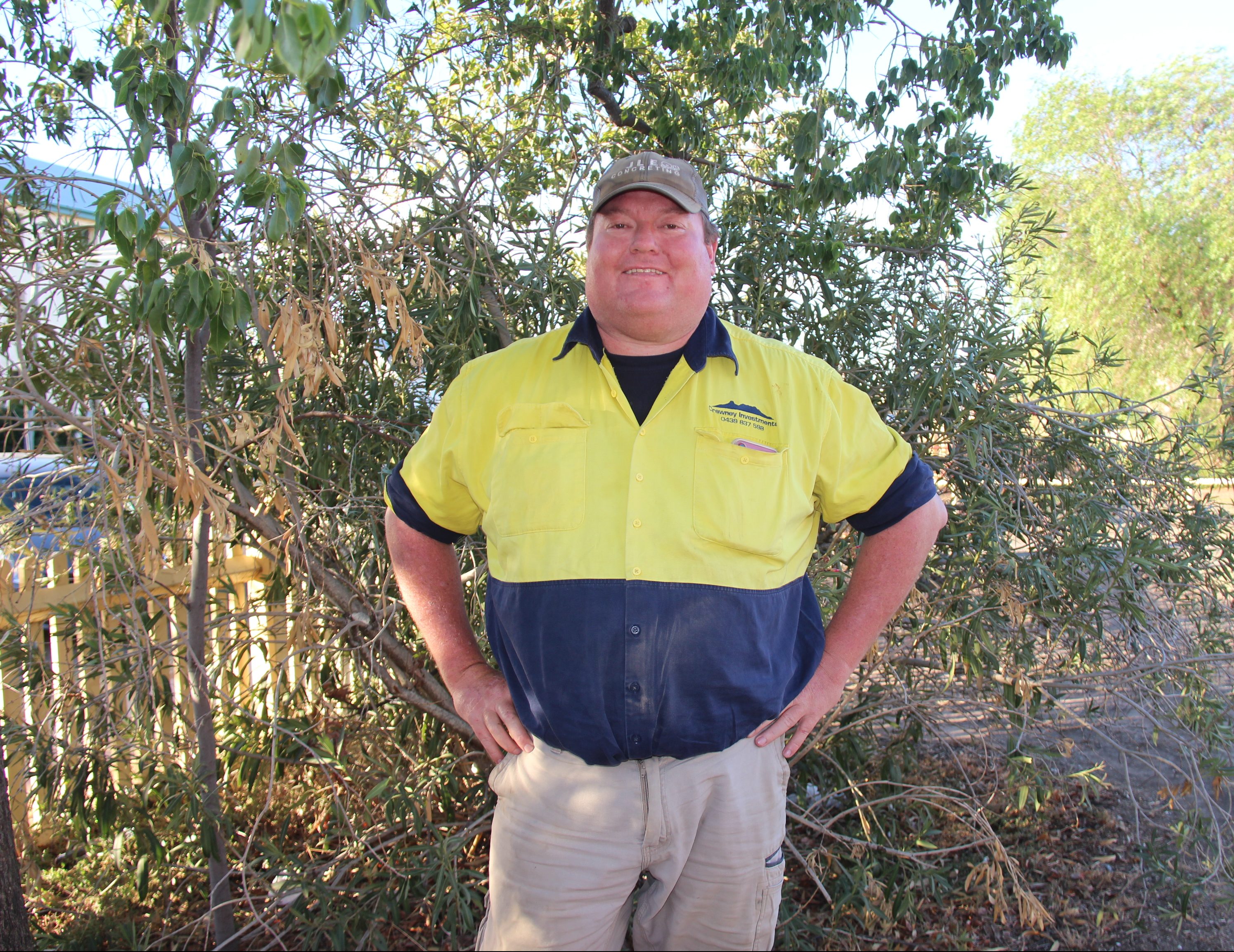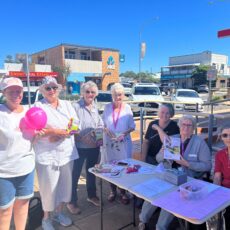Narrabri Shire Council will write to the NSW Deputy Premier John Barilaro and Minister for Agriculture Adam Marshall to express community ‘concerns and frustrations’ regarding the State’s Biodiversity Conservation Act.
At Tuesday’s council meeting, Deputy Mayor Cameron Staines put forward a motion urging NSC to contact the State ministers about the legislation because he believes it is negatively impacting the region’s farmers, miners and economic development.
The motion was passed unanimously.
“I’m not against planting trees, it’s just got to be managed better,” said Cr Staines.
“It is my belief that the system is stacked against farmers and, in many ways, it is impossible for farmers to navigate the legislation unless they hire a good lawyer to help.
“Even if they do navigate the legislation it probably won’t make economic sense for them to improve their farming country.
“Farmers cannot afford the payments into the Biodiversity Conservation Trust in exchange for clearing native vegetation from their properties.
“I have heard of one example of a farmer who applied to clear approximately 600 hectares of native scrub from his property at Walgett and was advised that he would need to pay $20,000 per hectare ($12 million).
“This is completely unrealistic and unaffordable,” said Cr Staines.
Cr Staines made it clear that he ‘loved flora and fauna’ but that he believes the legislation needs to be changed.
He said the new biodiversity conservation legislation was not only creating difficulties for farming communities but was also a significant barrier to economic development within the Narrabri Shire.
Councillor Lloyd Finlay strongly and vocally supported Cr Staines’ motion delivering what Cr Staines’ described as ‘the best speech’.
“I’m very passionate about it,” said Cr Finlay who is also a farmer.
“It’s frustrating and it’s an impossible minefield,” said Cr Finlay when describing the legislation.
“Everything comes at a cost and it always seems to be the farmer who pays that cost.
“They make the landholder the criminal – the landholder wants to improve their land but are hamstrung by the legislation.
Cr Finlay also said it was “offensive to be dictated to by authorities who have no idea”.
“They get on their buses and trains and go to work in Sydney and then dictate to us out here about what we can and can’t do.
“It would appear the fox is in charge of the hen house when it comes to farmers’ rights.
“This is why people don’t want to get into farming, it’s hard for younger generations to get into farming because of the regulations.”
The letter from NSC to NSW Ministers will call for an ‘immediate review’ of the Biodiversity Conservation Act and associated regulations, as well as a call for the involvement of regional Local Council’s and farmers in any review of the Biodiversity Conservation Act.
Councillors will also call for the ‘immediate halt’ of retrospective prosecutions and all compliance actions under the now repealed Native Vegetation Act and a call for the end of so called “restorative justice’ which Cr Staines said ‘unfairly’ requires farmers to lock up land under either Remediation Orders and/or Conservation Agreements.
The NSC will also express its support for the protection of basic and fundamental property rights and the view that Government should not acquire or restrict the use of private agricultural land without compensation.
“It is also my view that rehabilitation conditions on mining projects within our Shire are too heavily weighted toward biodiversity and revegetation rather than returning land to a productive agricultural use,” said Cr Staines.
“The Vickery Extension Project (Vickery) is the most recent example of rehabilitation of mining land being weighted toward biodiversity rather than farming.
“Once Vickery closes, we will lose 2500 ha of agricultural land when it is rehabilitated to woodland (as well as the final void pit lake and highwall).
“The majority of this land is currently suitable for grazing, yet it will be locked up forever as forest.
“Government rehabilitation should require this farming country to be returned to an equal or better standard than before mining.
“The protection of agricultural land is paramount if we are to sustain and grow our local economy.
“The biodiversity offsets can go somewhere else as far as I am concerned.”
As part of the motion, Cr Staines also raised his concerns about the impact of land management legislation on the Shire’s economic development and prosperity.
“Council has experienced the challenges of the Biodiversity legislation as we progress the Northern NSW Inland Port (N2IP),” said Cr Staines.
“N2IP has the potential to position Narrabri as the energy and manufacturing heart of NSW, yet a major hurdle yet to be overcome is the potential need to pay vast amounts of money into the Biodiversity Conservation Trust in exchange for privilege of clearing some grassland.
“The Biodiversity Conservation legislation is a genuine threat to the future prosperity of the Narrabri Shire and has the potential to sterilise vast amounts of land that might be used to create jobs for our community.”
Mayor Cathy Redding said she thought NSW Deputy Premier John Barilaro might be visiting the Narrabri region in the next month and council should consider delivering the letter to him personally.
Cr Staines said he had also spoken to Mark Latham, former Federal leader of the Labor Party but now a One Nation representative in the NSW upper house about the issue.
To order photos from this page click here



